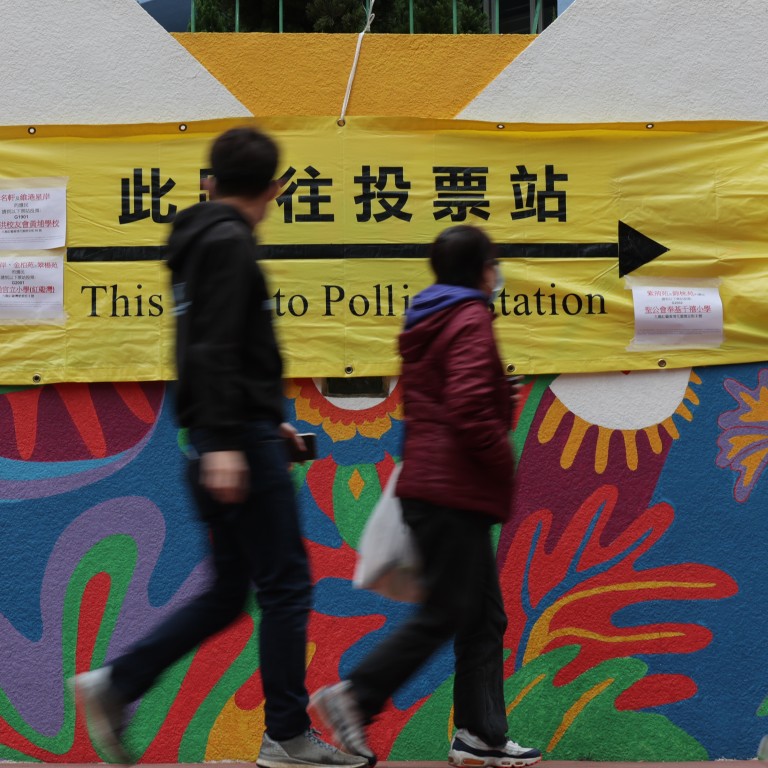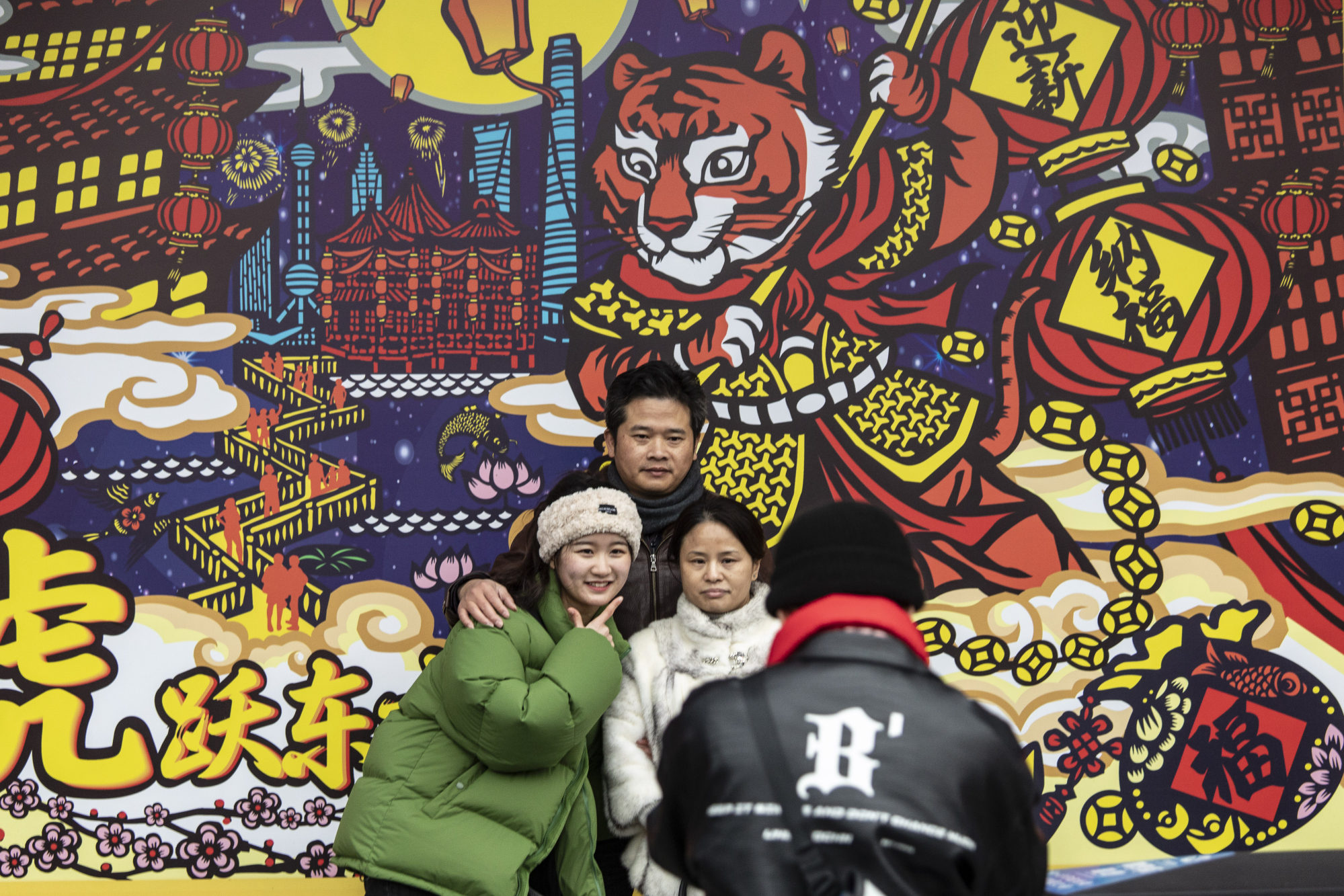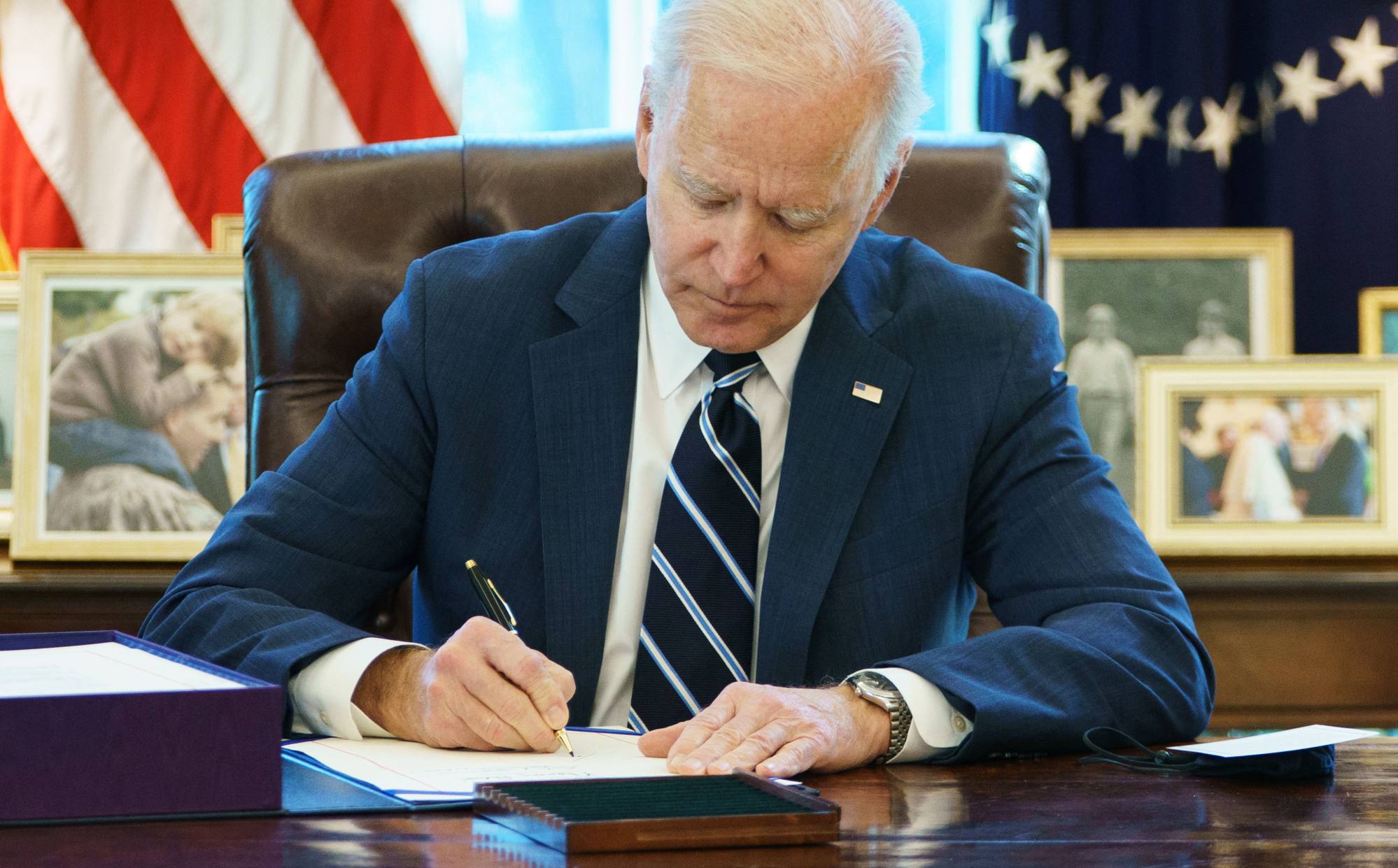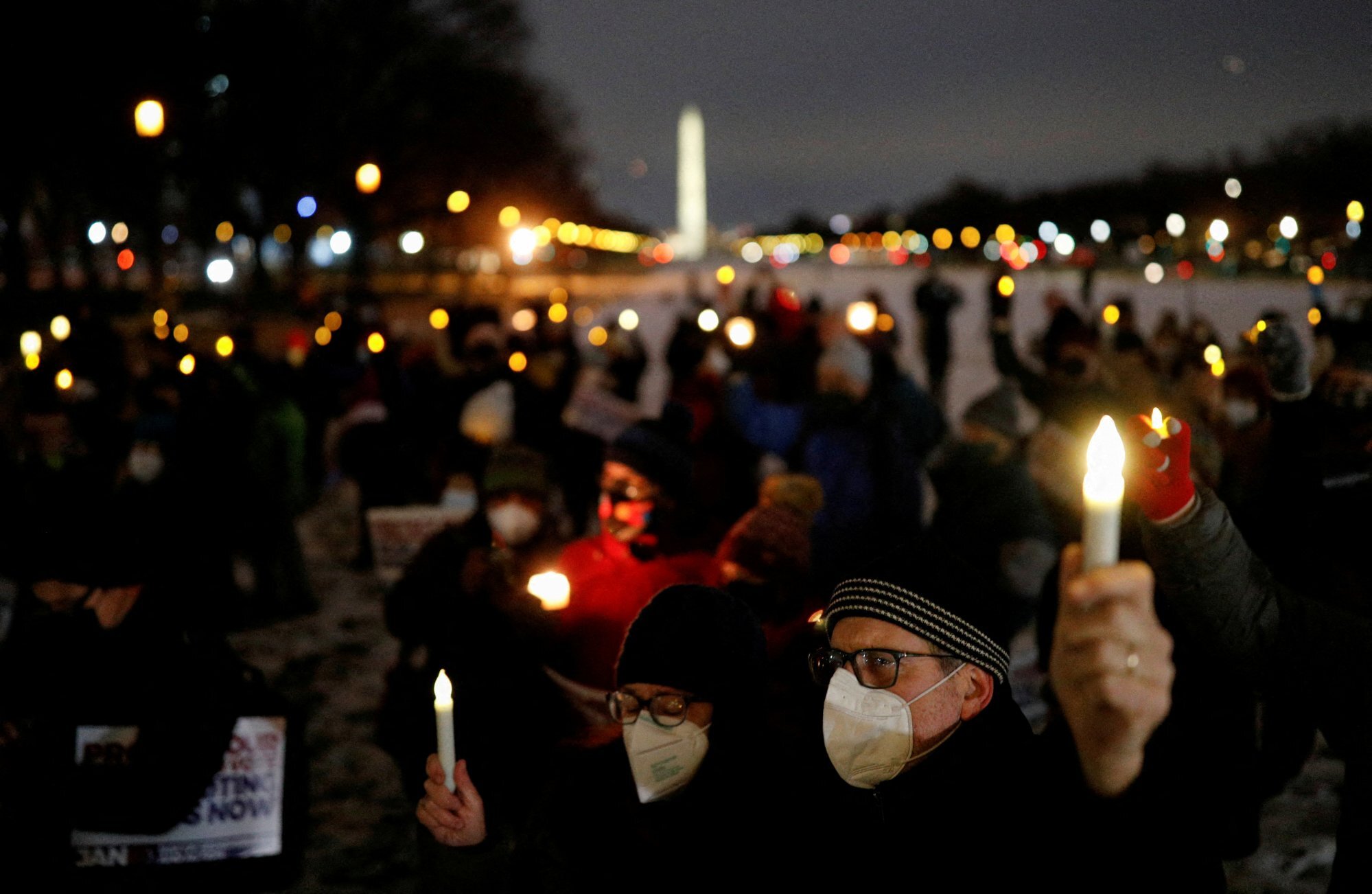
Hong Kong must wake up from its blind faith in ‘one man, one vote’ democracy
- In its search for the best governance model, China has come to prize social stability as a prerequisite for the good life
- Meanwhile, Hong Kong should open its eyes to evidence that democratic elections elsewhere have not delivered the good governance people crave
For thousands of years, political philosophers have searched for a model of government best suited for their societies. In Plato’s republic, philosopher-kings are preferred. In the Politics, Aristotle’s treatise on governance, he identifies six forms of government – kingship, tyranny, aristocracy, oligarchy, polity, and democracy. A mixed regime is preferred because none of the six is perfect.
In Aristotle’s political world, political distinctions are determined by social classes. Oligarchy is rule by the rich, while democracy is rule by the poor.
Polity is rule by the middle class. Aristotle says in Politics that, “In the case of political community … the one that is based on those in the middle is best, and … cities capable of being well governed are those sorts where the middle is large”.

Xi’s thought is in line with China’s age-old philosophy that the aim of any political system is to provide the people with a good life. The prerequisite for delivering good governance is stability. Leaders can only go about improving people’s livelihoods and bring about a flowering of their talents where there is stability.
While China struggles, dynasty after dynasty, to feed its teeming population, fight off invading “barbarians” and maintain stability, Western democracies have put protecting personal freedoms and individual rights front and centre of their political system. Liberty is the buzzword and “government by the people” the siren song that has mesmerised millions.

Leaders in other parts of the free world are faring no better. Electoral campaigns test candidates’ skills in fundraising and charming the people. Once reality bites after a candidate has been voted into office, we have seen countless examples of elected leaders who fall short because of character defects, intellectual and moral deficiencies, and lack of the actual ability to deliver good governance.
In the US, the political class has to manufacture an enemy – an existentialist threat to America’s well-being – to divert public attention from the government’s inability to solve the nation’s multifarious problems. The economic and technological rise of China has provided US politicians with fodder for such a narrative. China has thus become the face of the threat to America’s global hegemony.
We are all our own worst enemy
In Hong Kong, calls to adopt universal suffrage for electing our leaders persist. Many continue to indulge in the fallacious fantasy that adopting a procedure for electing our political leaders based on public participation will deliver good governance.
As American philosopher Jason Brennan points out, democracy gives the illusion that it empowers each person with an equal basic share of political power. But as the share of an average citizen is small, citizens have little incentive to use their power responsibly through in-depth study of public policy issues.
In Brennan’s views, the most common type of democratic citizens are “hobbits”, who are mostly apathetic and ignorant about politics. They are the typical non-voters.

The third type are “Vulcans”, who think scientifically and rationally about politics. Yet they are few in number.
The widespread presence of “hobbits” in many societies explain why voter turnouts are often low. When voter turnouts are high because “hooligans” have mobilised and fanaticised the silent majority, the polls do not produce good outcomes.
With a lingering pandemic threatening the future of Hong Kong, our priority must be to support a system that produces the best outcomes. It’s high time for us to dismiss from our minds blind adherence to procedural democracy, merely based on public participation, as the sure-fire way to produce good governance.
Regina Ip Lau Suk-yee is a lawmaker and chairwoman of the New People’s Party

